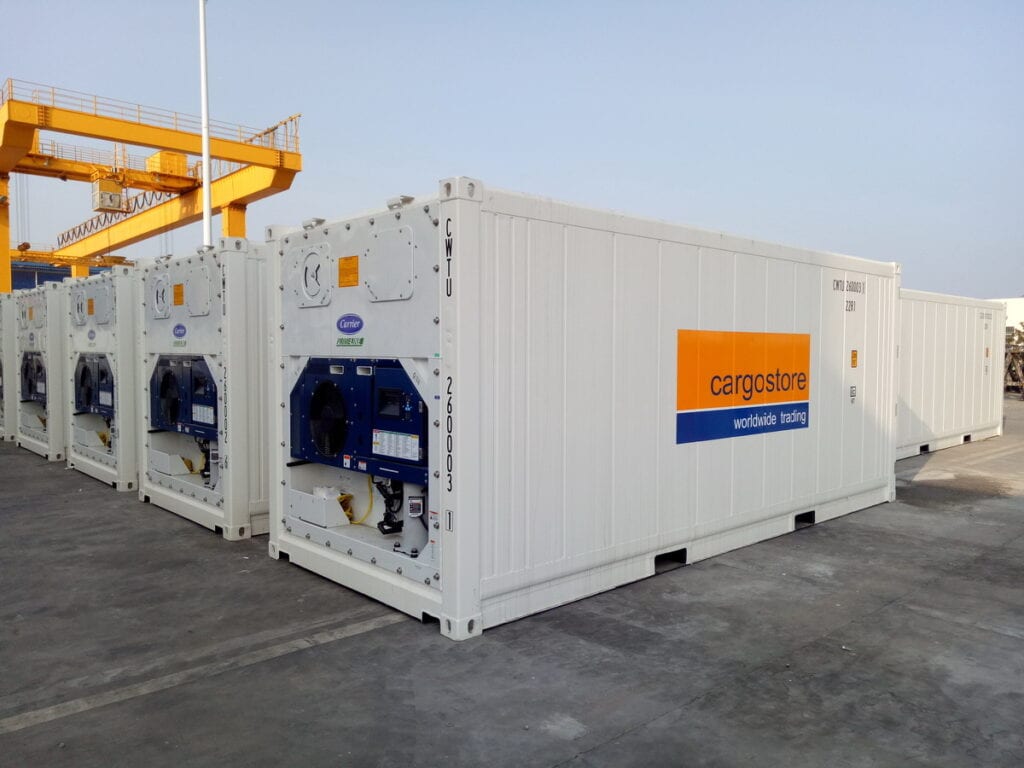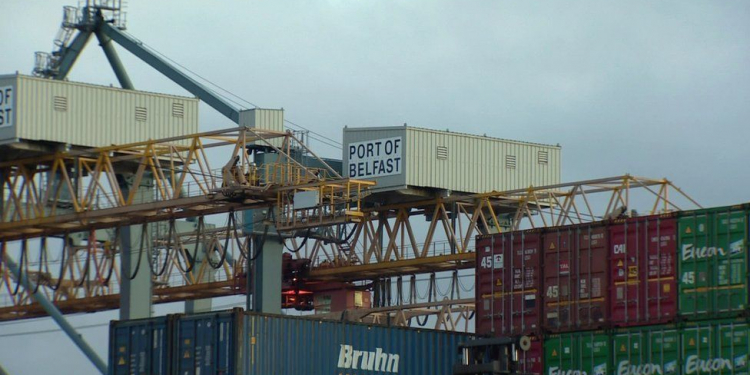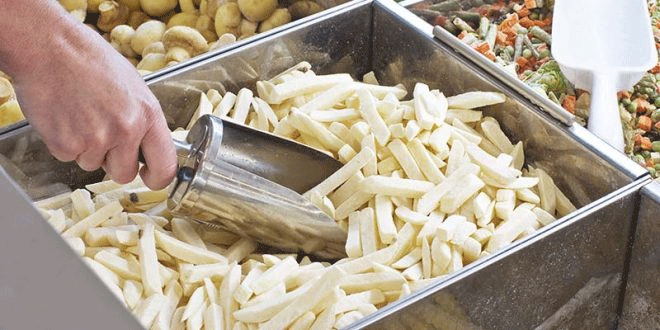Possible extensions to Irish Sea border “grace periods” will be discussed on Wednesday by the EU-UK body overseeing the Northern Ireland Brexit deal.
The grace periods mean that checks and controls on goods going from Great Britain to Northern Ireland are not yet fully implemented. The first of those, which covers food and parcels, is due to end in April. The UK government, with the support of business groups, has asked the EU for an extension until 2023.

The issue will be discussed at the joint committee, which is jointly chaired by Cabinet Office Minister Michael Gove and European Commission Vice-President Maros Sefcovic. Ministers from the Northern Ireland Executive have been invited to form part of the UK delegation.
First Minister Arlene Foster said her Democratic Unionist Party (DUP) was not seeking extensions to the grace periods, describing such a move a “sticking plaster” over post-Brexit trade problems affecting Northern Ireland.
“If [an extension] happens it will help businesses in the short term but any businesses that I speak to want a permanent solution and they want to ensure that they don’t have to come back to all this again,” she added. Deputy First Minister and Sinn Féin vice-president Michelle O’Neill said “all efforts” were on “making the protocol work”.
Northern Ireland Secretary Brandon Lewis said problems with the trade arrangements had to be “fixed and sorted”.
But he said they provided “huge” competitive advantages for the Northern Ireland economy. “The [Northern Ireland] Protocol is a legal agreement that’s in place… and we’ve got to make sure we make it work in a positive way for people in Northern Ireland,” he said.
What are the grace periods?
Northern Ireland has remained part of the EU’s single market for goods and continues to enforce EU customs rules at its ports. That means EU import rules have applied to goods entering Northern Ireland from Great Britain since 1 January. However, the grace periods mean that all the EU’s procedures do not yet apply.
Some food businesses, particularly major retailers, do not need to comply with all the EU’s usual certification requirements. Additionally, parcels carrying goods valued at £135 or below do not need customs declarations. In the aftermath of the Article 16 controversy, Mr Gove wrote to the EU asking for longer grace periods.
He also asked the EU to examine its decision to ban the importation into Northern Ireland of some items like seed potatoes and to ease the rules for pets being taken across the Irish Sea. In response, the EU did not rule out longer grace periods but it is unlikely to agree to the long extension requested by Mr Gove.

On Monday, Irish Foreign Minister Simon Coveney said the EU was prepared to be “flexible” and “generous” in easing the effect on Northern Ireland businesses but the UK had to follow through on its commitments to the EU last December. These included a promise to give EU observers real-time access to UK customs data and to provide data on goods moving from Northern Ireland to Great Britain. Mr Coveney said there could be easier trade between Great Britain and Northern Ireland under the Northern Ireland Protocol if the UK agreed to align more closely to EU food safety and animal and plant health standards.
New system for delivery problems
On Wednesday, MLAs were told how customs officials were working on a new IT system to deal with express delivery problems across the Irish Sea border. Details were outlined to Stormont’s Economy Committee by Seamus Leheny from the freight trade body Logistics UK.
He said it was hoped it would make it easier for express carriers to get their parcels from Great Britain to Northern Ireland but he added that it would not be ready until later this year.







